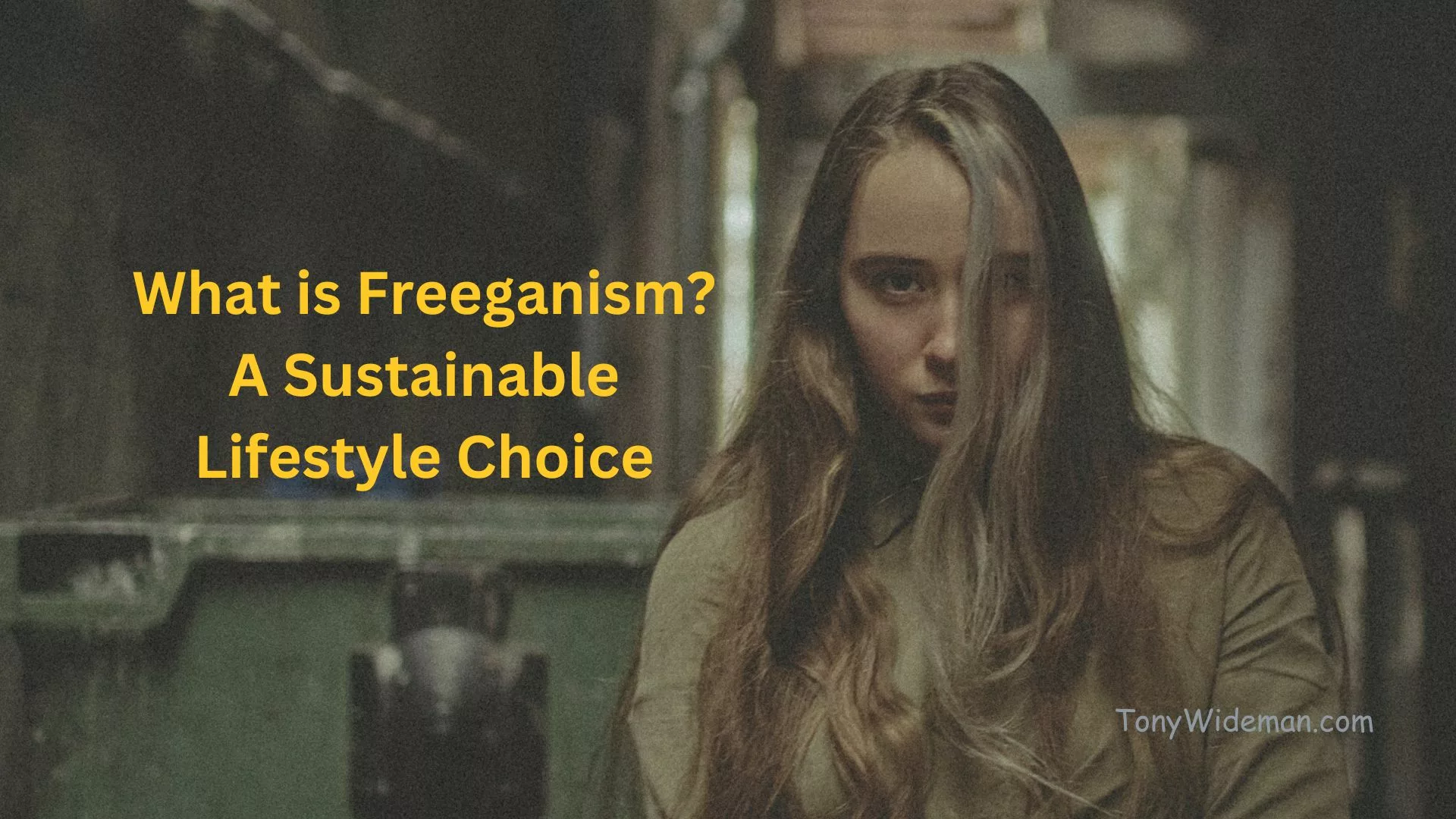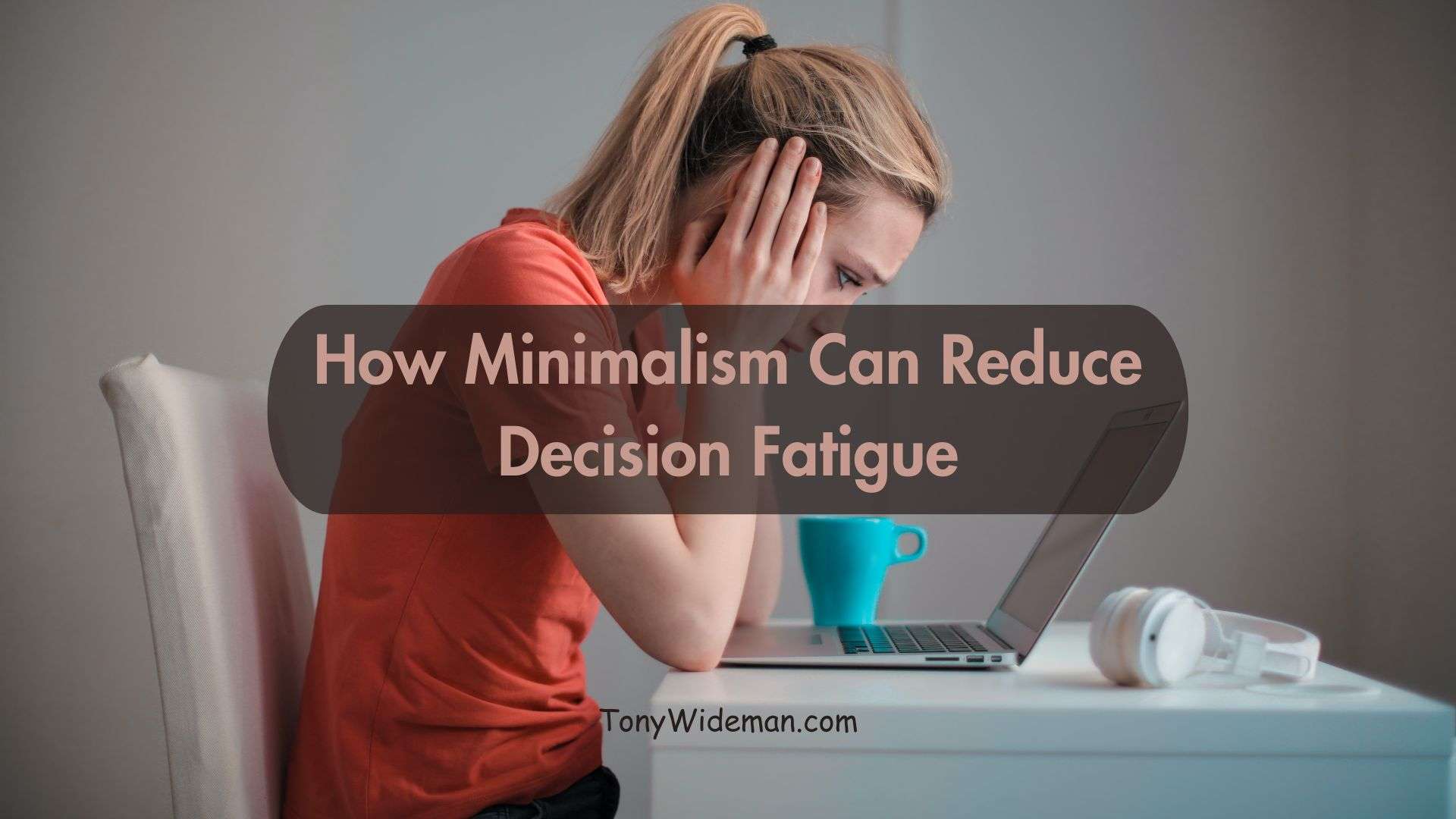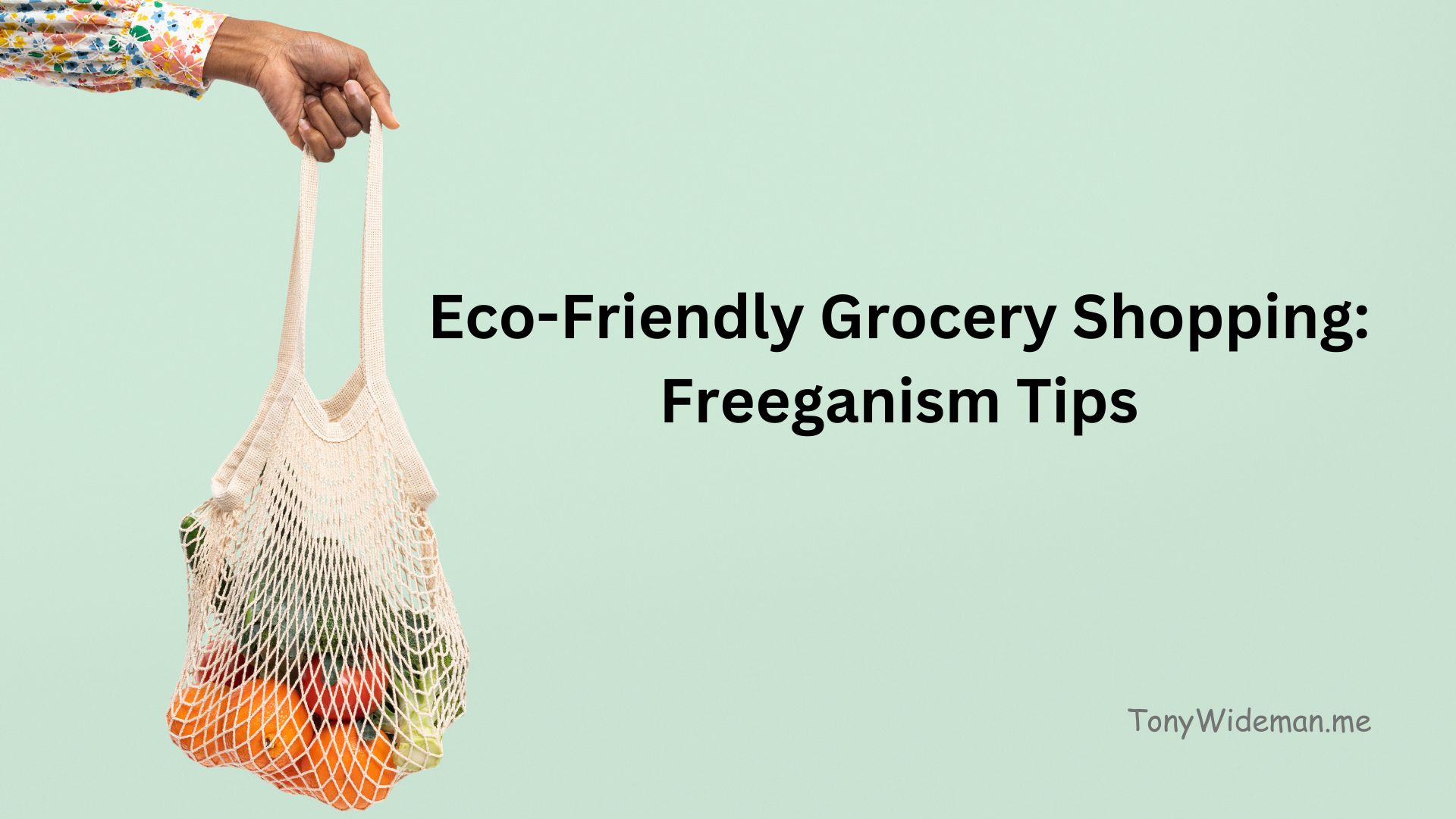What is Freeganism? A Sustainable Lifestyle Choice

What is Freeganism? In this post, I will delve into the fascinating world of Freeganism, a lifestyle that challenges traditional notions of consumerism and waste management.
From understanding its origins to exploring its principles, we’ll take a closer look at why more and more people are embracing this eco-conscious way of living.
1. What is Freeganism?
What is Freeganism? Freeganism, a portmanteau of “free” and “vegan,” is a lifestyle that emphasizes minimizing consumption, particularly when purchasing new products.
It’s a movement that encourages individuals to reduce their ecological footprint and live sustainably by reusing, repurposing, and recycling.
But Freeganism is not just about being environmentally conscious; it also addresses issues of economic inequality and waste.
2. The Roots of Freeganism
The roots of Freeganism can be traced back to the 1990s in the United States.
It emerged as a response to the excessive consumerism and wastefulness that had become ingrained in Western societies.
Freegans sought to break free from the cycle of overconsumption and explore alternative ways of living that were more in harmony with the environment.
3. The Freegan Ethos
At the core of Freeganism is the ethos of rejecting conventional economic systems and opting for a more straightforward, more communal way of life.
Freegans believe in sharing resources, reducing waste, and embracing a gift economy in which goods and services are freely exchanged without money.
4. Dumpster Diving: A Freegan Practice
One of the most well-known practices of Freeganism is dumpster diving.
Freegans scour supermarket dumpsters for discarded but still edible food. By rescuing this food, they not only save money but also reduce food waste, which is a significant global issue.
5. Sustainable Consumption
Freegans are advocates of sustainable consumption.
They prioritize buying second-hand items, repairing them rather than replacing, and making do with what they have.
This approach not only conserves resources but also challenges the notion that constant consumption is the key to happiness.
6. Freeganism and Food Waste
Food waste is a pressing concern globally.
Freegans are on the frontline of combating this issue by salvaging discarded food and redistributing it within their communities.
They shine a light on the absurdity of throwing away delicious food when millions go hungry.
7. The Freegan Community
Freeganism is not a solitary endeavor; it thrives on community support.
Freegans often form tight-knit communities where they share resources, knowledge, and experiences.
This sense of belonging fosters a more profound commitment to the lifestyle.
8. The Environmental Impact
By reducing their consumption and waste, Freegans significantly lower their environmental impact.
This aligns with global efforts to combat climate change and reduce the strain on our planet’s resources.
9. The Challenges of Freeganism
While Freeganism has many merits, it’s not without challenges.
Living outside the conventional economic system can be difficult, and some may face criticism or skepticism from others.
However, Freegans are resilient in their pursuit of a more sustainable world.
10. Freeganism and Social Activism
Many Freegans are also social activists, advocating for systemic change to address the root causes of waste and inequality.
They participate in protests, raise awareness, and engage in grassroots initiatives to effect change.
11. How to Get Started as a Freegan
If you’re interested in adopting a Freegan lifestyle, there are several steps you can take.
Begin by reducing your consumption, exploring local resources, and connecting with the Freegan community.
It’s a journey of self-discovery and personal growth.
12. Misconceptions About Freeganism
Freeganism often faces misconceptions, with some viewing it as extreme or impractical.
However, Freegans emphasize that their choices are based on principles of sustainability and social justice, not radicalism.
13. Freeganism in Pop Culture
In recent years, Freeganism has gained recognition in popular culture.
Documentaries and books have shed light on this unique lifestyle, prompting more people to consider its principles.
14. The Future of Freeganism
As environmental concerns continue to mount, Freeganism is likely to gain more followers.
It offers a compelling alternative to the prevailing culture of excess, and its principles align with the urgent need for sustainability.
15. Conclusion
What is Freeganism? In conclusion, Freeganism is a lifestyle choice that challenges the status quo of consumerism and waste.
It embodies principles of sustainability, communal living, and social activism. While it may not be for everyone, it serves as a potent reminder that our choices have a profound impact on the planet and society.
FAQs (Frequently Asked Questions)
- Is Freeganism legal?
- Dumpster diving is a legal gray area because it involves salvaging discarded items. Laws regarding dumpster diving vary by location, so it’s essential to research local regulations.
- Do Freegans only eat discarded food?
- While dumpster diving for food is common among Freegans, many also grow their own food or participate in food-sharing networks to meet their dietary needs.
- Can anyone become a Freegan?
- While Freeganism is open to anyone who shares its values, practical limitations, such as geographic location and personal circumstances, may affect one’s ability to fully embrace the lifestyle.
- Do Freegans contribute to reducing food waste?
- Yes, Freegans play a significant role in reducing food waste by rescuing edible food that would otherwise end up in landfills.
- How can I learn more about Freeganism?
- To delve deeper into Freeganism, you can connect with local Freegan communities, read books and articles on the subject, or explore online resources dedicated to this lifestyle.






